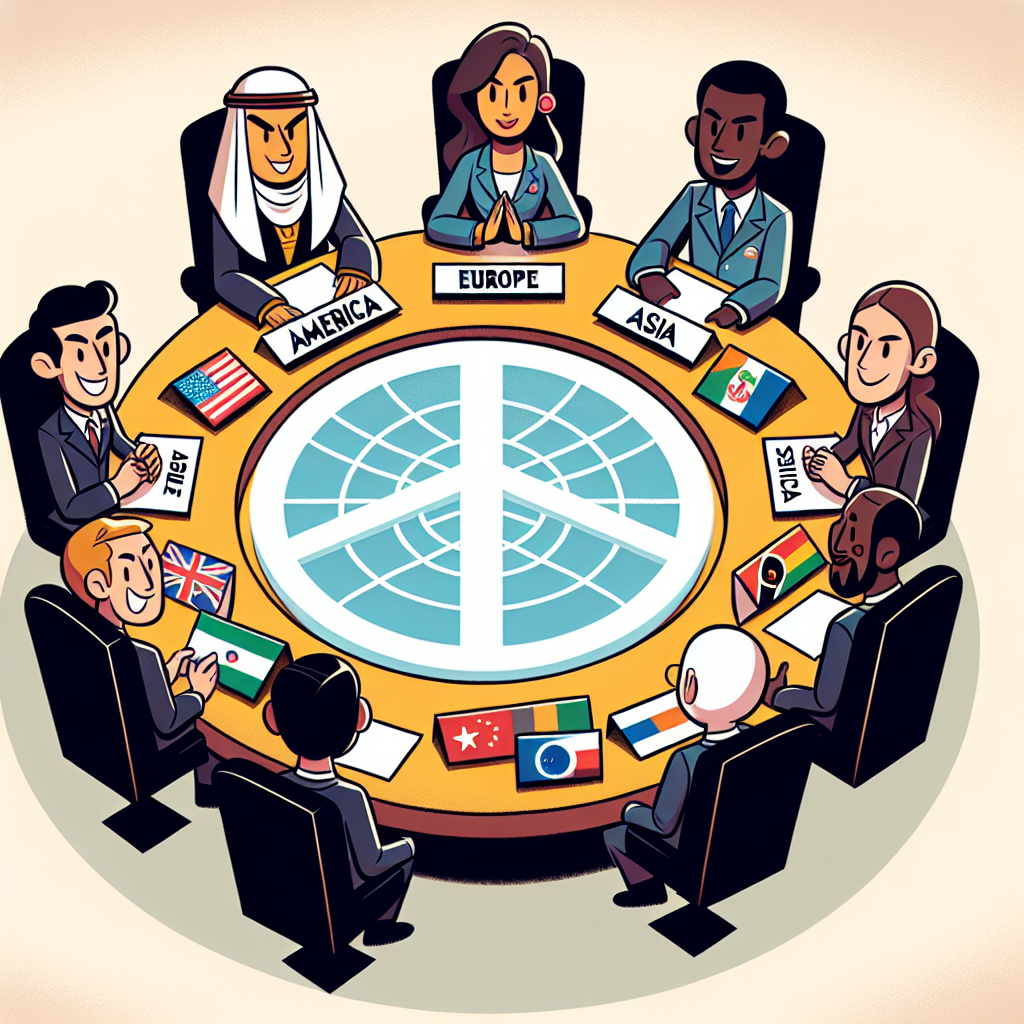UN Security Council Lifts Arms Embargo on Central African Republic
The UN Security Council formally ended an arms embargo on the Central African Republic (CAR), a decision welcomed by the CAR government. This move reaffirms last year's resolution allowing arms for government forces but not other fighters. The country has faced conflict since 2013, with ongoing international peacekeeping efforts.

The UN Security Council on Tuesday officially ended an arms embargo on the Central African Republic (CAR). The decision, while largely symbolic, was welcomed by the CAR government as a vote of confidence in their efforts to end over a decade of intercommunal conflict.
This unanimous vote reaffirms a resolution from last year that allowed weapons to be supplied to government forces, excluding other fighters. The new resolution was highly sought after by the CAR, which saw the embargo as a lingering stain on its government while making strides towards peace.
"This diplomatic victory is a first step that gives dignity back to the CAR and its people," Foreign Minister Sylvie Baïpo-Temon stated. The mineral-rich but impoverished country has been in conflict since 2013, marred by clashes between predominantly Muslim rebels and mostly Christian militias. Despite a 2019 peace deal, fighting persists with six of the 14 groups later abandoning the agreement.
France's deputy UN ambassador, Nathalie Broadhurst, noted the resolution "removes all ambiguity" by scrubbing a "territorial" embargo but keeps restrictions on fighters who threaten the nation's integrity. The resolution maintains that all UN member states should prevent arms sales to armed groups undermining peace efforts and humanitarian laws.
Notably, Russian Ambassador Vassily Nebenzia suggested the council should end arms restrictions even on illegal armed groups, arguing that the prohibition had lost its relevance.
(With inputs from agencies.)










